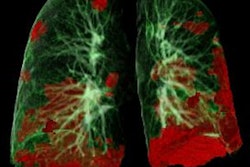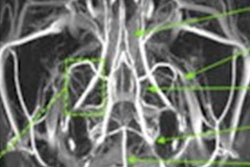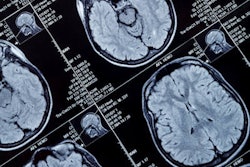Dear MRI Insider,
The SARS-CoV-2 virus tends to first affect a patient's respiratory system, but it can also damage the central nervous system. Physicians use electroencephalography (EEG) to identify brain injury caused by the virus, although sometimes the findings aren't conclusive. Fortunately, help is on the way: European researchers have discovered that adding MRI data to the mix of clinical information improves estimates of a patient's risk of developing COVID-19-related encephalopathy, according to a study we're highlighting in this edition's Insider Exclusive.
When you've read that article, check out the latest news from the world of MRI, including research that suggests that performing MRI scans before biopsy in men with suspected prostate cancer could reduce death rates by 18%. Another recent study highlights what brain MRI can tell us about differences in Alzheimer's disease biomarkers among patients on intensive blood pressure therapy compared with patients on standard therapy.
Since the COVID-19 pandemic hit, investigators have been trying to determine the disease's longer-term cardiac effects on athletes. Find out what a team from Columbia University Irving Medical Center in New York City learned about the prevalence of inflammatory heart disease among professional athletes with prior COVID-19 infection. (Hint: It's good news.) But although athletes may be less vulnerable to COVID-19's long-term effects than experts originally thought, researchers from Italy are urging their peers not to get complacent: Cardiac complications among many COVID-19 patients are common, ranging from myocarditis and acute coronary syndrome to thromboembolic events.
On the women's imaging side, take a look at what a team from the University of Chicago found about how artificial intelligence (AI) algorithms that incorporate 4D information from dynamic contrast-enhanced MRI can help classify breast lesions. And discover what South Korean researchers found about the long-term performance of an abbreviated breast MRI protocol.
Finally, get the scoop on how use of cardiac MRI has increased of late -- a trend investigators hope will help set appropriate training protocols and reimbursement levels.
MRI is a dynamic imaging modality. Make it a habit to visit our MRI Community often to get the latest news on how it is being used for a variety of indications.





















